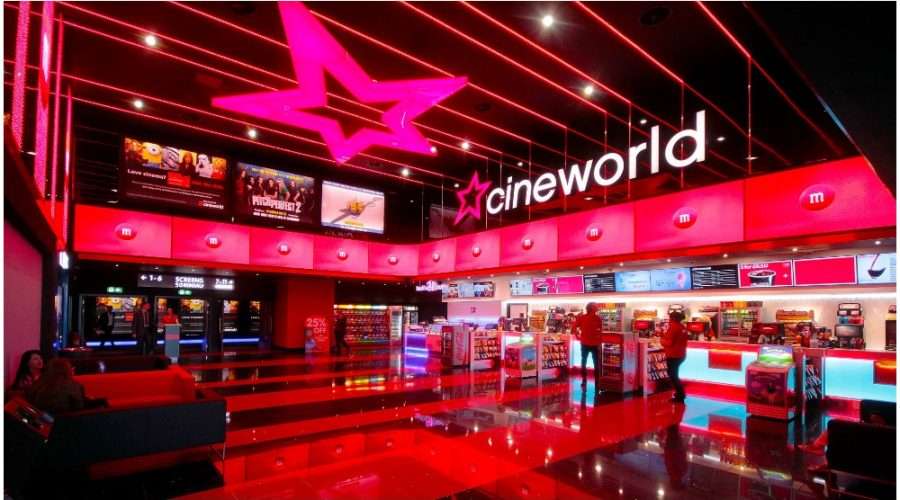Sky News reports that as part of a global financial restructuring strategy, Cineworld’s London-listed holding company is getting ready to file for administration by the end of the month.
According to Kerri Wilson, Senior Associate at Ontier LLP, while the administration process in the UK is expected to result in the transfer of ownership of the firm to its lenders, operations at its 128 UK cinema chain should continue as normal.
What lessons may other companies take away from Cineworld’s experience?
It might be argued that management disregarded red flags, such as a proposed acquisition of Cineplex Entertainment in Canada that was scrapped when the pandemic hit.
The time has come; wake up and smell the coffee
All Group locations were closed for a time in 2020 due to the COVID-19 epidemic, and sales dropped dramatically as a result. The Group reported an operating loss for the first time in its history in its Annual Report and Accounts issued in April 2021, and a revenue decline of 80.5% compared to the previous year. Again, significant losses occurred in 2021, but the situation improved slightly.
The question this raises is whether Cineworld should have taken any action sooner. There is no one optimal time to reorganise a company, but doing it as soon as possible is always recommended.
Course correction
Although Cineworld has filed for Chapter 11 in the United States, a separate application for administration in the United Kingdom will be required. From what we can see, the administration is being put in place so that the company’s lenders can acquire full control of the business through a debt for equity swap. In doing so, the corporation settles its debts and obligations with its creditors in exchange for an asset.
To what end would you pick administration?
A company’s survival may depend on its administration. A legislative moratorium prevents creditors from taking legal action to collect on their claims against the corporation, giving it time to reorganise or liquidate its holdings. The company is effectively “frozen,” giving the administrator time to assess the situation and choose the best course of action in order to save the business and satisfy the creditors.
Steps to Take
An insolvency practitioner (the “administrator”) replaces the company’s directors and assumes control of the company’s business and assets. The administrator must then carry out one of the following legislative objectives:
the preservation of the company as a going concern; the realisation of part or all of the company’s property for the purpose of making a distribution to one or more secured or preferential creditors; or any combination of the foregoing.
Administration is a more short-term alternative to liquidation, with the goal of reorganising the firm into a stronger entity.
Last year saw the demise of several more well-known retailers, including TM Lewin, Sofa Workshop, Joules, Made.com, and Misguided. Most have been preserved in some form by new owners, but with a tough economic outlook, it may be too soon to guarantee their long-term survival.
The goal of Cineworld’s restructuring is to give the company a more stable financial footing so that it may be pushed forward by new management. This will be accomplished through the elimination of debt and the issuance of rights.
For more news click thebritaintimes.co.uk
